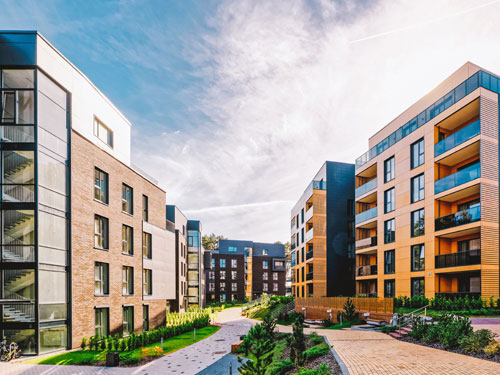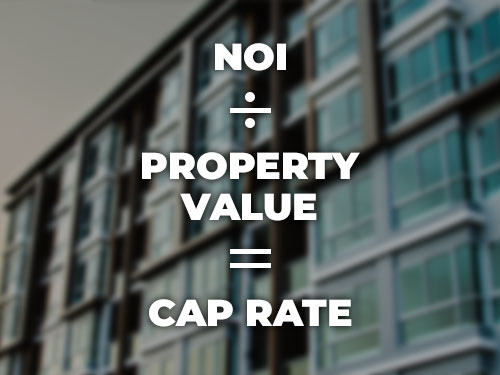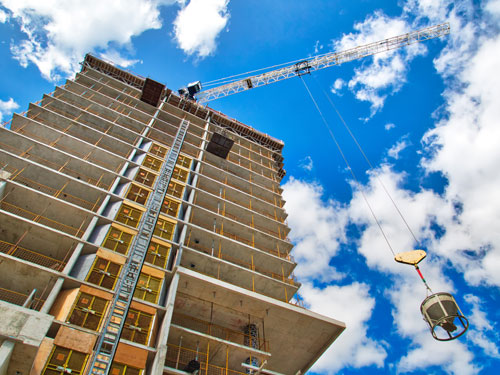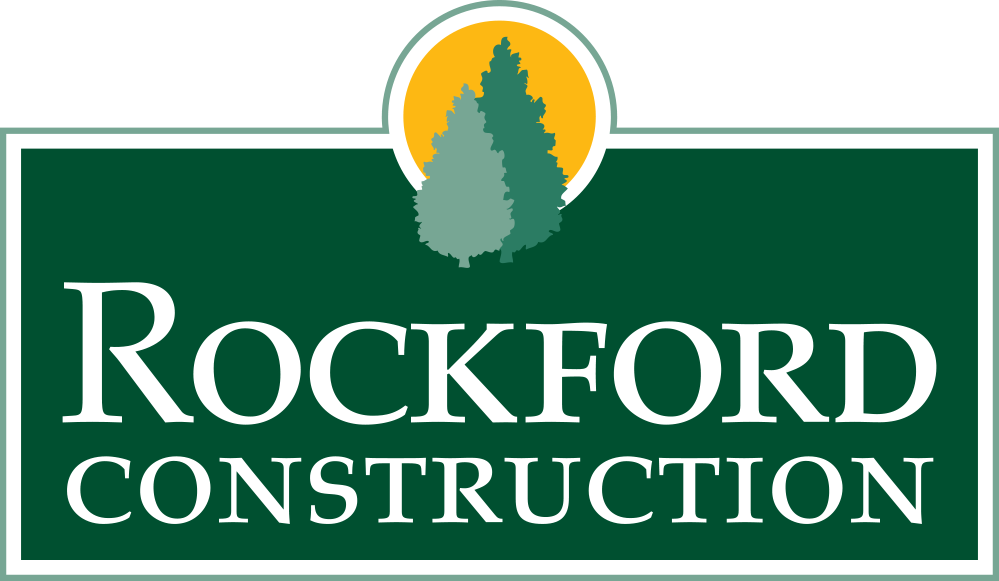
5 Terms Every Condo Investor Should Know
You might be a condo investor already seeing a return on your investment property portfolio with a decent passive income. Or you might be completely new to real estate investing and wondering what your real estate agents mean. But are you aware of the real estate investing terms you need to make your money work? Does the term long-term property appreciation mean anything to you?
No matter how familiar you are with the process, all real estate investment comes with some risk. But the more familiar you become with the process, in most cases, the better position you are in and the less complicated investing will be. Here you will learn the rules of condo investment, the technical terms, and what to expect from the process.
Rockford Construction shares the top condo investing terms you should know to make a return on investment and become a savvy condo buyer.
1. The Most Important Real Estate Investing Term – “Net Operating Income”
Net operating income (NOI, like standard ROI) is one of the most important condo investing terms, referring to the total income from your investment properties minus the sum of operating expenses (property expenses). Your condominium may also have to pay organization fees to property management firms, and your NOI will be affected by the price you charge per unit.
The NOI calculation is based on the understanding that you own your property free and outright.
It is one of the most common ways to help you analyze whether your condominiums give you a return on investment.
Net operating income is a figure generated before taxes, like capital gains and other property costs. It does not include depreciation from the initial condo price or capital expenditures (money for future condo investments or other assets).


2. Real Estate Terms You Need To Know: “Fair Market Value (FMV)”
Fair Market Value (FMV) is the price that your condos would buy and sell at, on the understanding both parties are aware and knowledgeable of the process. However, the real estate market is different across each state.
The FMV depends on the location of your condo, the current market value, what amenities are there and what fee is charged by the Homeowners Association (HOA).
For example, if the current market conditions favor the buyer (it is a buyer’s market), the FMV may be lower as the buyer will want to pay less for the condo.
If the market is a seller’s market with market demand for housing high, your condo will likely sell for more as you can charge the buyer more. If an FMV favors the seller, you will probably make more dollars from your investment and have a profitable condo. Stable market conditions favor the entire real estate industry.
3. Real Estate Investors Should Know The Term “Capitalization Rate (CAP Rate)”
The capitalization rate, or CAP rate, refers to the rate of return generated on a real estate property. It is calculated by dividing net operating income, NOI, by the amount of money your property is worth. The CAP rate appears as a percentage, and this ratio helps you spot the rate of return you’re likely to get on your property. If your NOI was $2 million and your property was valued at $20 million, you would have a CAP rate of 20%.
The CAP rate can also be used as an estimate to avoid negative cash flow and earn more money from your rental properties. Higher CAP rates mean that your property investment will be more profitable.


4. Real Estate Investing Relies On “Pre-Construction Appreciation”
Pre-construction appreciation is the increase in a property value between pre-construction condos and when the units are ready. In areas with lots of buyers and not a lot of housing, in the specific time period between buying the land for your condo and your property being ready, your investment will typically appreciate.
Pre-construction depreciation is a risk as market desirability adjusts, or the appeal of the area decreases. Fluctuations to the market are expected over the course of construction.
It is essential to note the difference between a pre-approval letter and pre-construction. Pre-approval refers to a document outlining the financing a lender would be happy to provide you to buy a condominium or if you’re planning to invest in land. It is not a confirmation of finance, but it can help you secure credit and better negotiate with potential lenders.
5. “Refinancing” Can Free Up Equity For Future Investment
Refinancing is taking out a new loan on your existing condominium mortgage. It can help a real estate investor negotiate a presumably better interest rate, a better annual rate, or to release equity in your property for your next investment. Simply negotiating with your lender can allow many investors to invest in new condos or spot an opportunity with an off-market property.
However, there are other figures to budget for and calculate with refinancing, like closing costs. You may be out of pocket in the short term during the refinancing process. There are also no guarantees you will qualify for a better interest rate. Refinancing aims to save money that you can use to maximize your portfolio’s profitability through purchasing a new property.


A Rental Property Calculator Can Help You Learn Key Terms
A rental property calculator is essential to becoming a property investor and helps you with a quick calculation whether it is worth investing in a property based on its purchase price. They usually factor in several critical costs for your investment and provide a helpful formula for different investment calculations, an annual calculation and your financial plan, including:
- The original price – the original cost of your real estate investment
- Closing costs – the costs you pay above the actual price over the course of the purchase
- Interest rate – the interest rate is the interest on top of your existing mortgage balance. This will depend on your mortgage type and your total loan amount. A fixed rate mortgage will mean you pay a fixed interest rate over time
- Rental price – this is the price that you charge your tenants. It will depend on whether your property is a short-term rental or a long-term rental
- Management fees – HOA Fees and property management fees all eat into your profit margins but help you provide your tenant community with amenities and services. Management fees may also refer to the costs of your real estate broker or real estate agent
- Property taxes and insurance costs – property investors must factor in the cost of insurance and all taxes
Final Thoughts
New investors and real estate professionals can benefit from learning these real estate common terms. Knowledge of these terms can make your dealings with your lender, realtor, and real estate brokers a very straight forward process. It can help you obtain a fair market value as you know the industry and can assist across all real estate transactions. It is vital to compare properties using the terms and find the best investment for you. We hope this article helps you with a positive experience.


